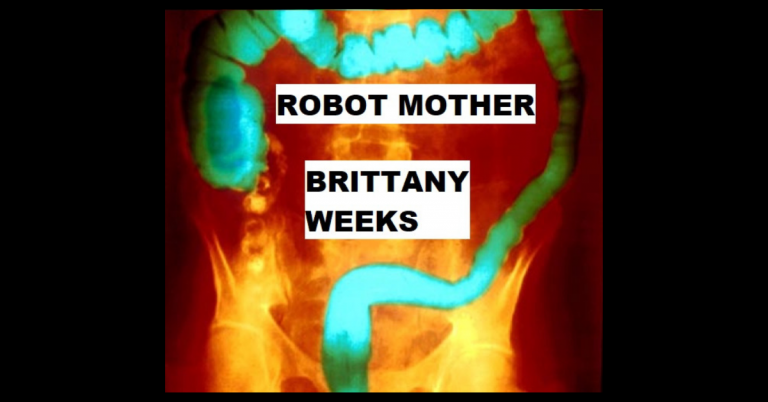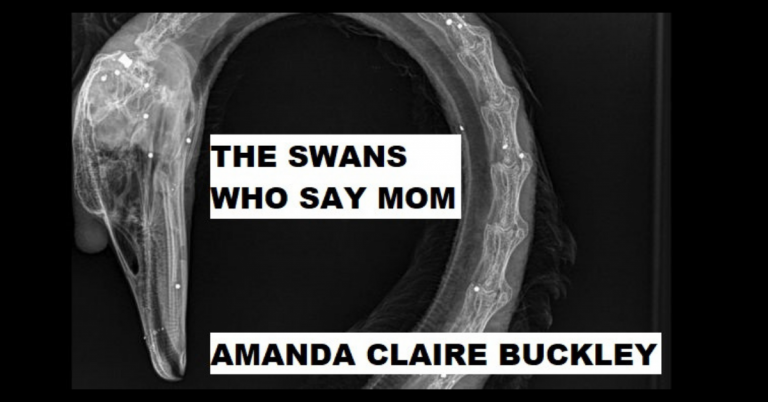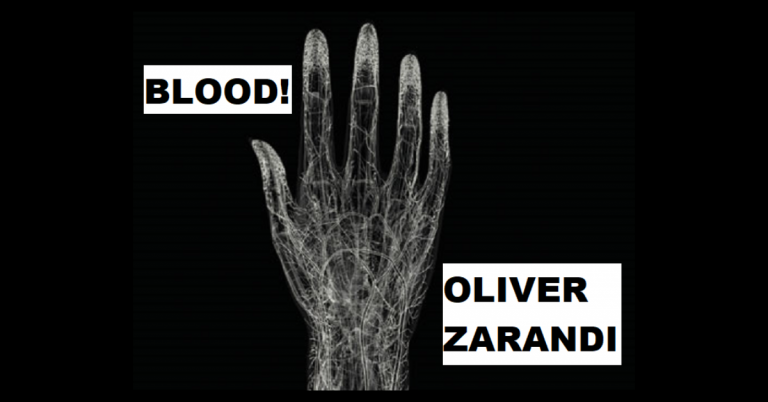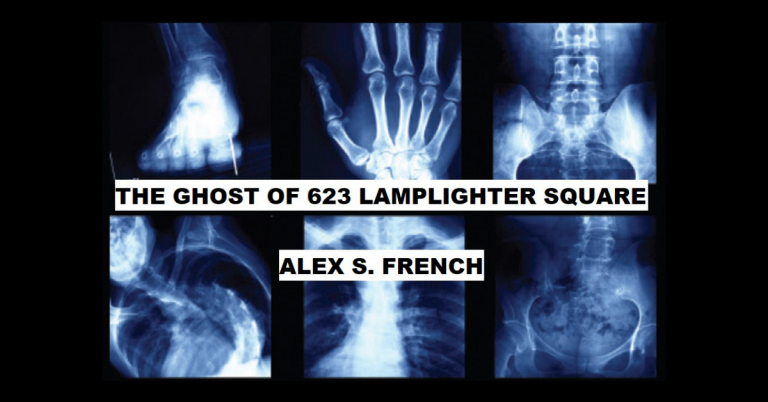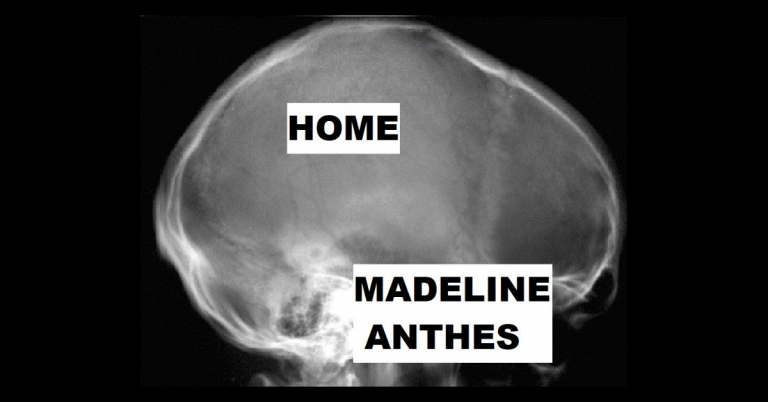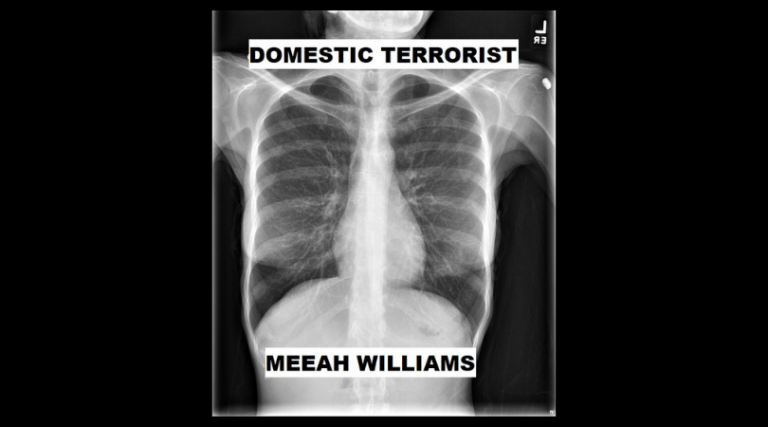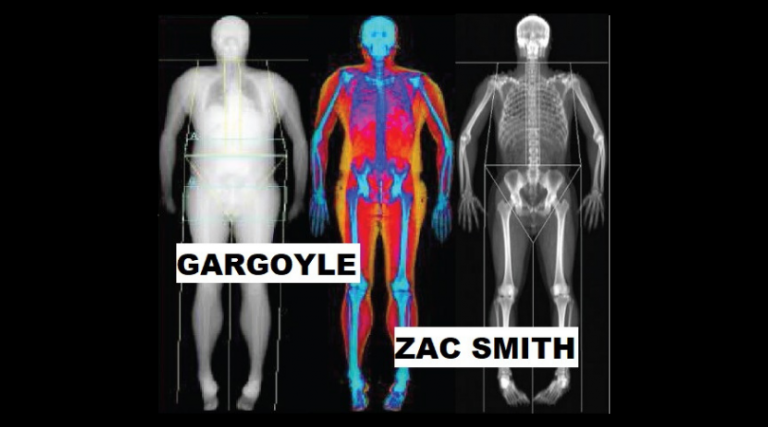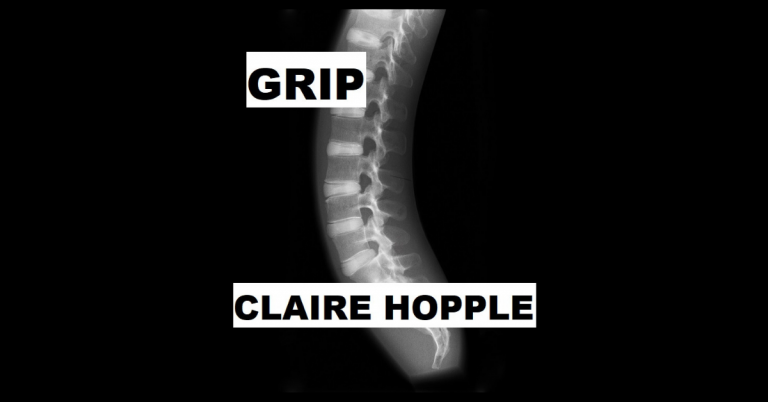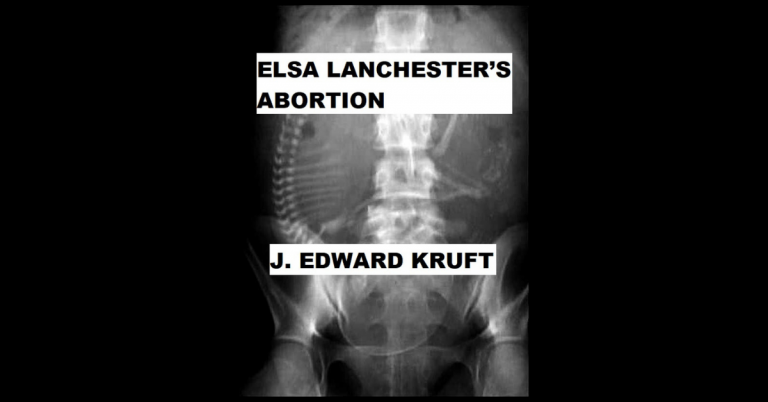
ELSA LANCHESTER’S ABORTION by J. Edward Kruft
Her own parents never married – an intentional thumbing of the nose to Victorian-era London – and she wondered, as she watched her husband padding off toward the pool, leaving his statuette on the piano, if she hadn’t best done the same. She loved Charles, and she was relatively certain he loved her – at the very least he adored her – but after four years as Mrs. Charles Laughton, Elsa was well aware of her husband’s preferences and proclivities and while on the surface it didn’t bother her to the degree a wife should be bothered, things changed that morning.
Kate approached, clutching her own golden statue (clutching it, thought Elsa, as though it were made of solid gold as opposed to merely plated). She was not overly fond of Kate, but she tried to smile as though she were.
“Elsa, why the long face?” asked Kate. “I should think you’d be very pleased on Charles’ behalf. It’s a marvelous little trophy, don’t you think?” Elsa lifted her husband’s statuette from the piano. It was only then that she noticed it was not yet engraved, and something about that felt empty, and that triggered a sudden and dizzying fear of what the rest of her life might very well be like.
She excused herself without comment (causing Kate’s face to draw) and walked in the direction she’d seen her husband make his exit. He was there, by the pool, smoking with Walter and George (whose gorgeous house this was, high above Sunset Strip). Elsa walked to the edge of the blue lawn to where three evenly spaced palms swayed in the cool mid-March breeze. And as she went to adjust her stole to cover her bare shoulders, a sudden and violent wave of nausea swept from her toes to her throat and nearly without warning, she vomited into the ivy that covered the raised beds, and in doing so, she unwittingly encouraged a rat to come out of hiding. Elsa screamed. And just like in the movies, the low hum of party conversation came to a screeching halt. Looking up, she saw Charles charging toward her, calling: “Elsa. Are you all right? Are you all right, my darling?” In that moment, despite it all, she was certain they would be together for many years to come (it would be, in fact, until his death, almost thirty years hence). At her side now, Charles lifted her stole to cover her shoulders and then took both of her hands in his. “Elsa?” he asked.
“I’m fine, Charles. Just tired.”
“But my dear, you screamed.”
“Oh yes,” she said, having already forgotten. “There was a rat.”
“How hideous,” he said, moving her away from the ivy.
“I hate to ruin your night, Charles,” began Elsa.
“Don’t be silly, my dear,” said Charles. “I shall take you home at once. I’ve tired of the crowds at any rate. It will be nice to be just the two of us again.”
“Yes,” agreed Elsa. “Just the two of us.”
She had made up her mind.

